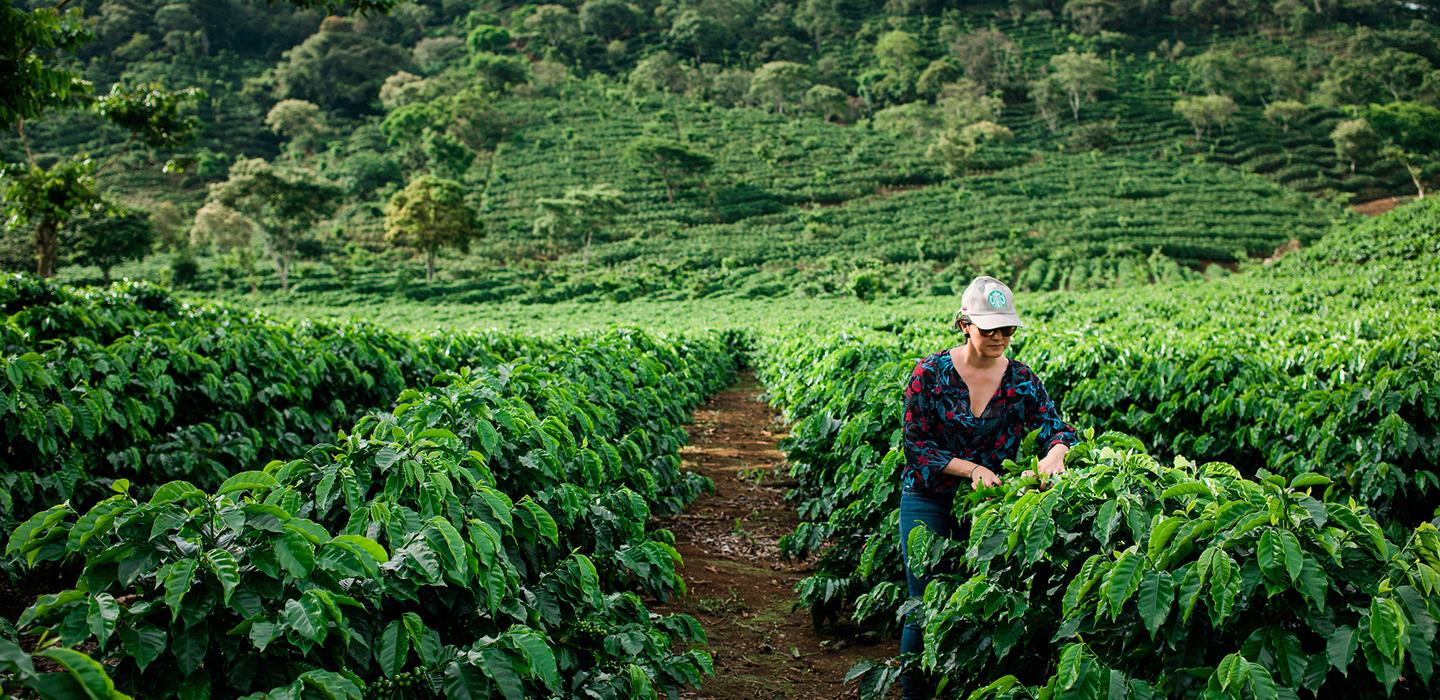Major coffee companies such as Starbucks and Dunkin’ have committed to tackling climate change problems that could halve suitable coffee-growing areas within three decades.
In addition to climate threats, market volatility in recent years has affected the industry, especially during the COVID-19 pandemic.
Consequently, trade plunged below the production cost in countries such as Guatemala and Peru. It threatened the incomes of farming communities, which are already impacted by poverty, poor health conditions, and child labor violations.
Raina Lang, senior director of sustainable coffee markets at Conservation International, noted that companies must meet their goals to secure coffee's future and the livelihood of millions of people who depend on it.
Lang added that the industry must also protect those who grow and harvest it.
In 2020, Sustainable Coffee Challenge, a Conservation International-led coalition of 160 partners, united around a 2050 goal to avoid 1.5 gigatons of carbon dioxide emissions by increasing production on existing coffee lands.
According to Starbucks, it is committed to buying 100 percent ethically sourced coffee in partnership with Conservation International.
The company has invested over $100 million in supporting coffee communities.
As a founding member of the Sustainable Coffee Challenge, Starbucks is also collaborating with the industry to make coffee the first sustainable agricultural product in the world.
Meanwhile, Dunkin has partnered with the Sustainable Coffee Challenge and the World Coffee Research to improve menus in its outlets worldwide.



 Vietnam’s Trade Surplus With US Jumps as Exports Surge and China Imports Hit Record
Vietnam’s Trade Surplus With US Jumps as Exports Surge and China Imports Hit Record  Nikkei 225 Hits Record High Above 56,000 After Japan Election Boosts Market Confidence
Nikkei 225 Hits Record High Above 56,000 After Japan Election Boosts Market Confidence  Weight-Loss Drug Ads Take Over the Super Bowl as Pharma Embraces Direct-to-Consumer Marketing
Weight-Loss Drug Ads Take Over the Super Bowl as Pharma Embraces Direct-to-Consumer Marketing  U.S. Stock Futures Slide as Tech Rout Deepens on Amazon Capex Shock
U.S. Stock Futures Slide as Tech Rout Deepens on Amazon Capex Shock  SpaceX Prioritizes Moon Mission Before Mars as Starship Development Accelerates
SpaceX Prioritizes Moon Mission Before Mars as Starship Development Accelerates  CK Hutchison Launches Arbitration After Panama Court Revokes Canal Port Licences
CK Hutchison Launches Arbitration After Panama Court Revokes Canal Port Licences  Oil Prices Slip as U.S.-Iran Talks Ease Middle East Tensions
Oil Prices Slip as U.S.-Iran Talks Ease Middle East Tensions  Gold and Silver Prices Climb in Asian Trade as Markets Eye Key U.S. Economic Data
Gold and Silver Prices Climb in Asian Trade as Markets Eye Key U.S. Economic Data  Kroger Set to Name Former Walmart Executive Greg Foran as Next CEO
Kroger Set to Name Former Walmart Executive Greg Foran as Next CEO  TrumpRx Website Launches to Offer Discounted Prescription Drugs for Cash-Paying Americans
TrumpRx Website Launches to Offer Discounted Prescription Drugs for Cash-Paying Americans  Indian Refiners Scale Back Russian Oil Imports as U.S.-India Trade Deal Advances
Indian Refiners Scale Back Russian Oil Imports as U.S.-India Trade Deal Advances  OpenAI Expands Enterprise AI Strategy With Major Hiring Push Ahead of New Business Offering
OpenAI Expands Enterprise AI Strategy With Major Hiring Push Ahead of New Business Offering  India–U.S. Interim Trade Pact Cuts Auto Tariffs but Leaves Tesla Out
India–U.S. Interim Trade Pact Cuts Auto Tariffs but Leaves Tesla Out  U.S. Stock Futures Rise as Markets Brace for Jobs and Inflation Data
U.S. Stock Futures Rise as Markets Brace for Jobs and Inflation Data  Nvidia, ByteDance, and the U.S.-China AI Chip Standoff Over H200 Exports
Nvidia, ByteDance, and the U.S.-China AI Chip Standoff Over H200 Exports  Alphabet’s Massive AI Spending Surge Signals Confidence in Google’s Growth Engine
Alphabet’s Massive AI Spending Surge Signals Confidence in Google’s Growth Engine 































